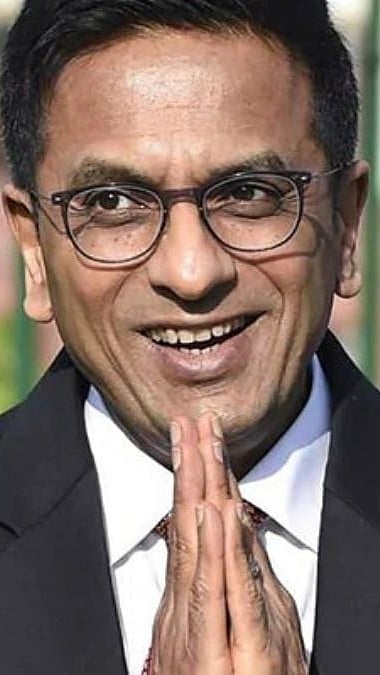Congress leader Rahul Gandhi has been disqualified from the Lok Sabha, the Lok Sabha Secretariat said on Friday.
His disqualification as Wayanad MP is effective from March 23, the day of his conviction, the secretariat said in its notification.
A court in Surat sentenced Rahul Gandhi to two years in jail in a defamation case on Thursday, filed on a complaint by BJP MLA Purnesh Modi for his alleged remark, "How come all thieves have Modi as the common surname?"
What was the ordinance?
In 2013, when the Supreme Court announced an order on the disqualification of politicians over criminal cases, the UPA government had suggested an ordinance that allowed convicted MPs and MLAs to retain their position in the House for 3 months after their sentence.
The ordinance allowed convicted MPs, MLAs and MLCs to retain their seats if their appeal had been “admitted by a higher court within 90 days and the conviction or sentence stayed”.
After the UPA government's cabinet approved the executive order to protect leaders from disqualification on September 28, 2013, Gandhi called the ordinance "complete nonsense" and suggested it be "torn apart."
Other Opposition parties, including the BJP, were also opposed to the idea, claiming that it was a means of protecting convicted legislators. Opposition parties also accused the Congress of attempting to shield its ally Lalu Prasad Yadav, who would be disqualified if convicted in a fodder scam case in which he was later found guilty.
However, this decision appears to have backfired against Rahul Gandhi ten years later, as he now faces losing his Lok Sabha membership due to his recent conviction.











